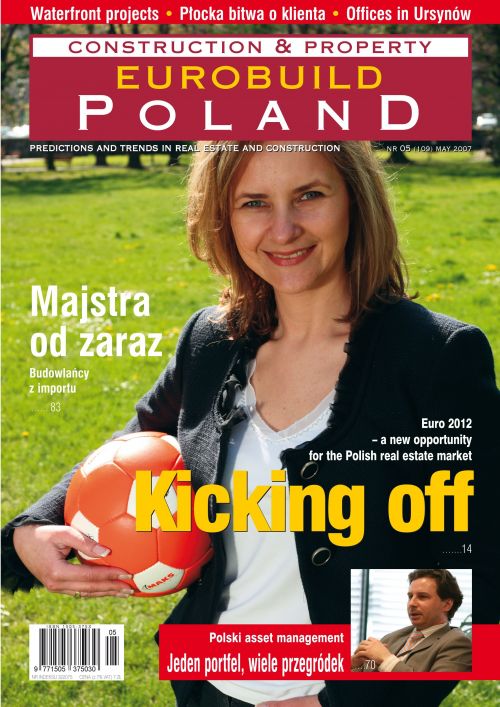How healthy is the Polish asset management market, what problems is it having to tackle and what are its prospects – these were the issues which dominated the round table discussion chaired by ‘Eurobuild Poland’, in the head office of Jones Lang LaSalleBoth asset managers for funds managing real estate portfolios as well as specialists from agencies offering AM services took part in the meeting. Invitations to the discussion were accepted by:Anna Duchnowska – head of Asset Management Polonia Property Fund, AIB PPMMałgorzata Ledwoch – head of Property and Asset Management, King SturgeMonika Rajska-Wolińska – head of Property Management, Colliers InternationalBartłomiej Hofman – managing director, EuropolisŁukasz Maciak – commercial investments director, BZ WBK AIB TFIRafał Mateusiak – managing director of real estate fund, BPH TFITomasz Trzósło – national director of capital markets Central Europe, Jones Lang LaSalleTomasz Cudowski, ‘Eurobuild Poland’: Fir




























































